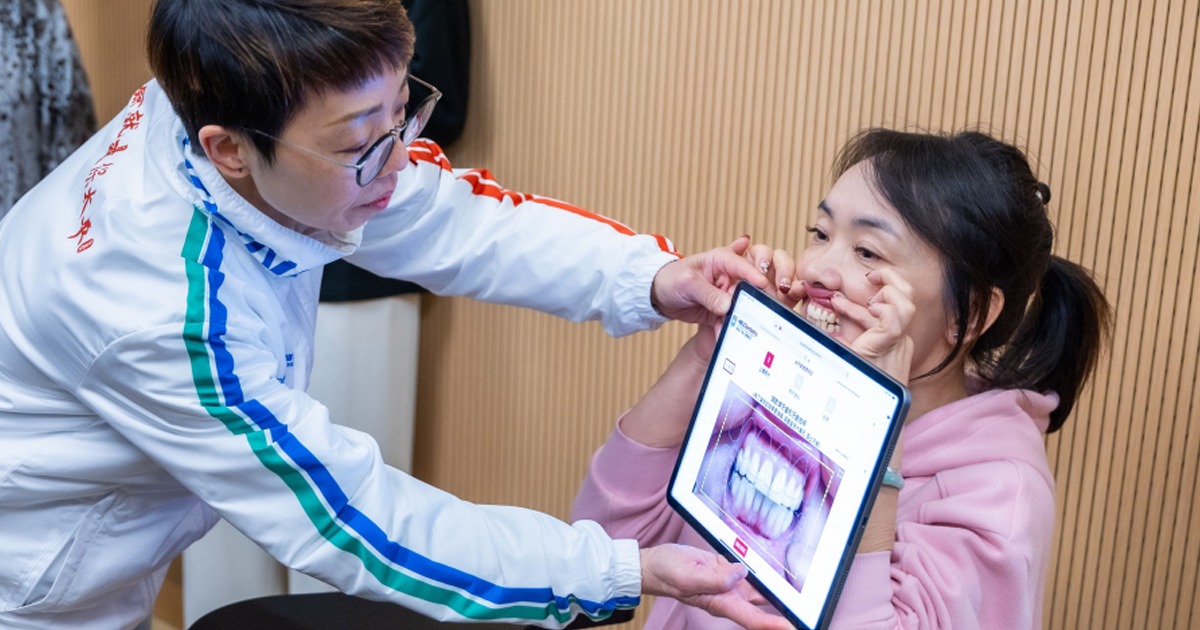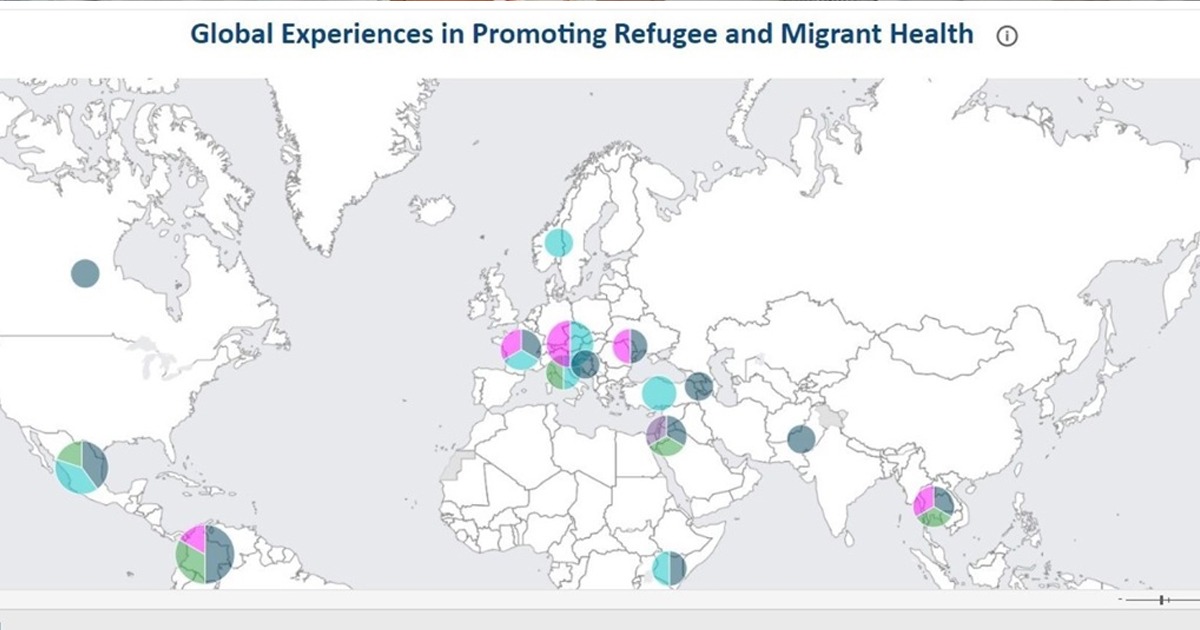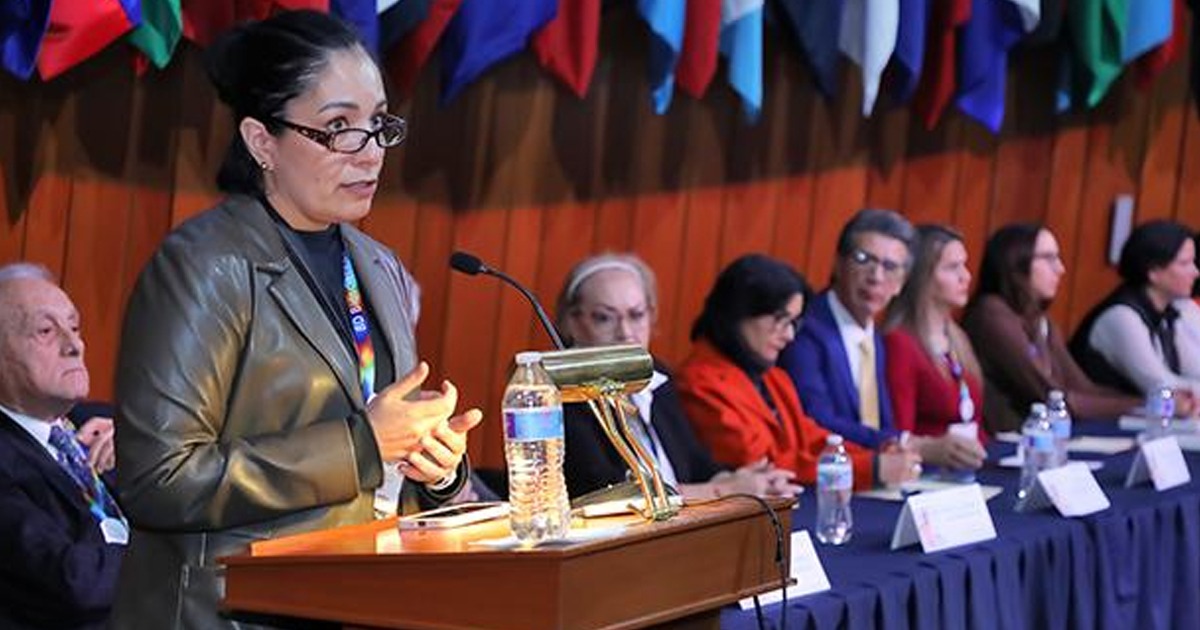In April 2020, the Brazilian government authorized through Law No. 13,989/20, the temporary and emergency use of telemedicine services and tools during the COVID-19 pandemic.
Telemedicine in Brazil is not fully regulated, which is why the Chamber of Deputies is working to achieve legislation to regulate telemedicine permanently. The objective of the deputies of the Joint Parliamentary Front for Telehealth is that the use of telemedicine tools continue after the health emergency, thanks to a law that authorizes their permanent use.
However, in the state panorama, various states have complex telemedicine strategies that include remote patient care, medical care in rural and/or remote areas. Or they have other Digital Health strategies, which use tools such as mobile applications or web platforms.

Despite the great progress of telemedicine not only at the state level but also at the municipal level, organizations such as the Federal Council of Medicine (CFM), which is the regulatory body for telehealth/telemedicine in Brazil, fear that after the pandemic, there is a setback in this area.
Recently, the issue has reappeared in the Brazilian congress, in early December the Social Security and Family Commission of the Chamber of Deputies approved a bill, which was supported by the Constitution, Justice and Citizenship Commission.
On the other hand, the significant growth of telemedicine in recent months has been to a greater extent due to the promotion of private companies, startups, hospitals and private networks, and their strategies for remote care and the use of technological tools in health. Organizations have found an opportunity for growth in telemedicine and their investment in them has increased.
In this way, this type of strategy has achieved the support of thousands of doctors in Brazil. According to the Paulista Association of Medicine (APM), in a survey conducted in 2020, 90% of doctors agreed that the public health system could benefit from technologies to improve medical care and reduce waiting times.
For example, in Cotia, a municipality in São Paulo, the waiting lines to receive medical care are no longer a problem after implementing a teleservice system. Through this strategy, the population can schedule appointments with specialists, access vaccination programs and more, through a mobile application. Until December 2021, the municipality of Cotia recorded more than 55 thousand attendances using this system.





